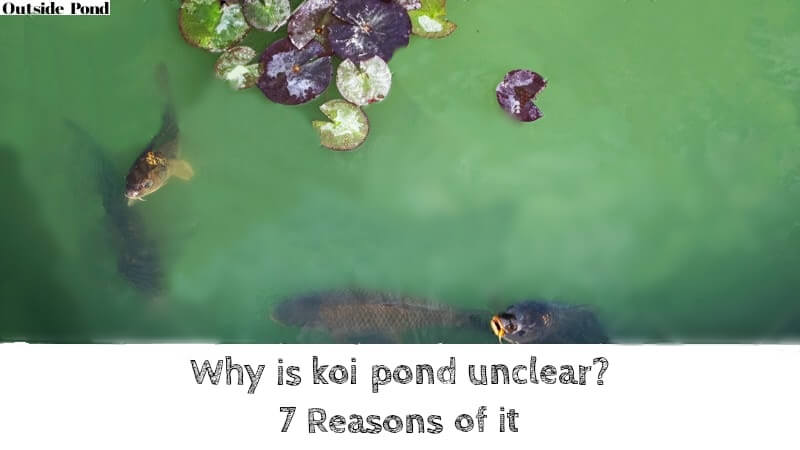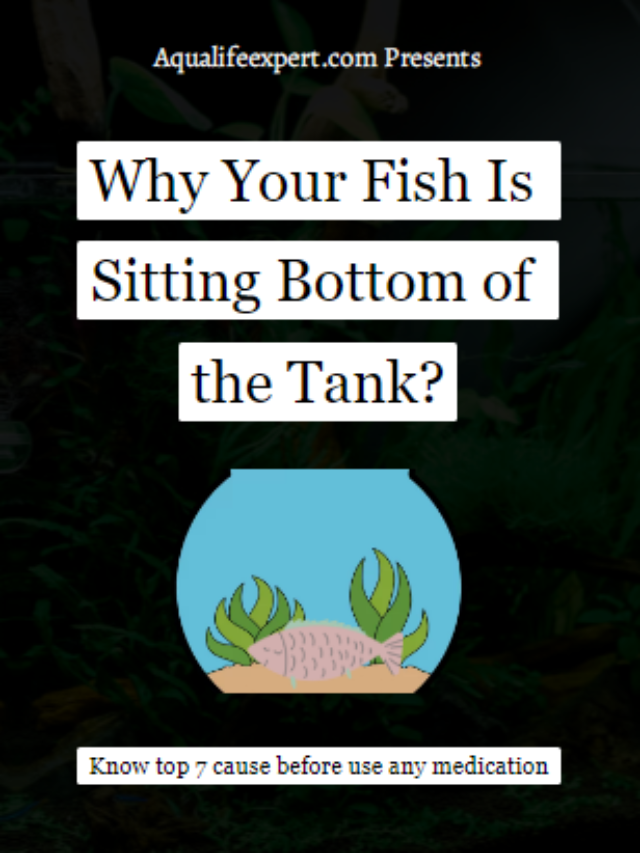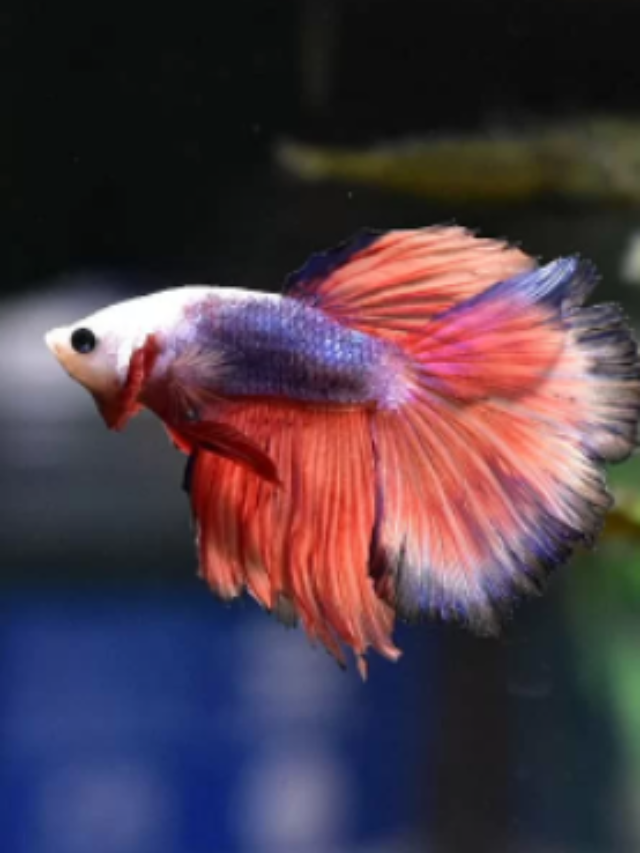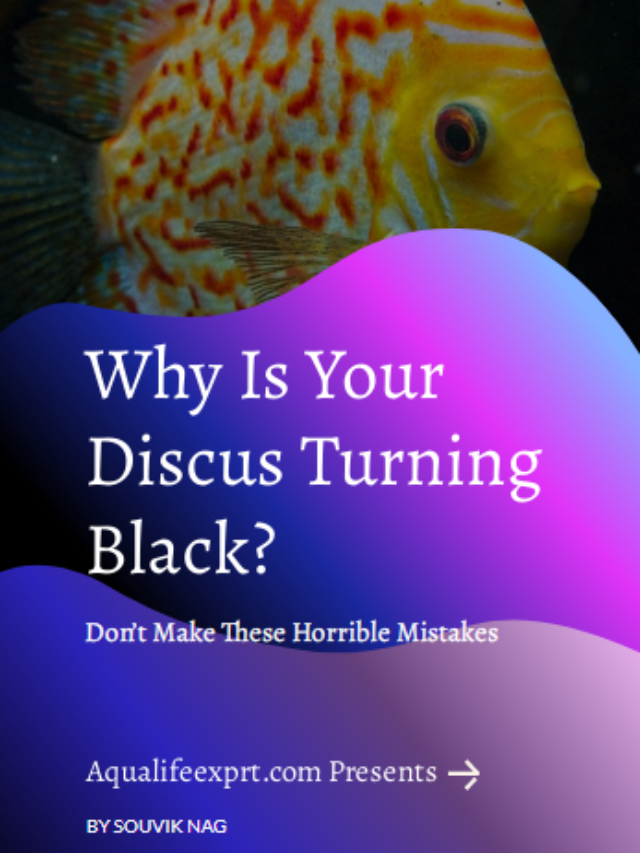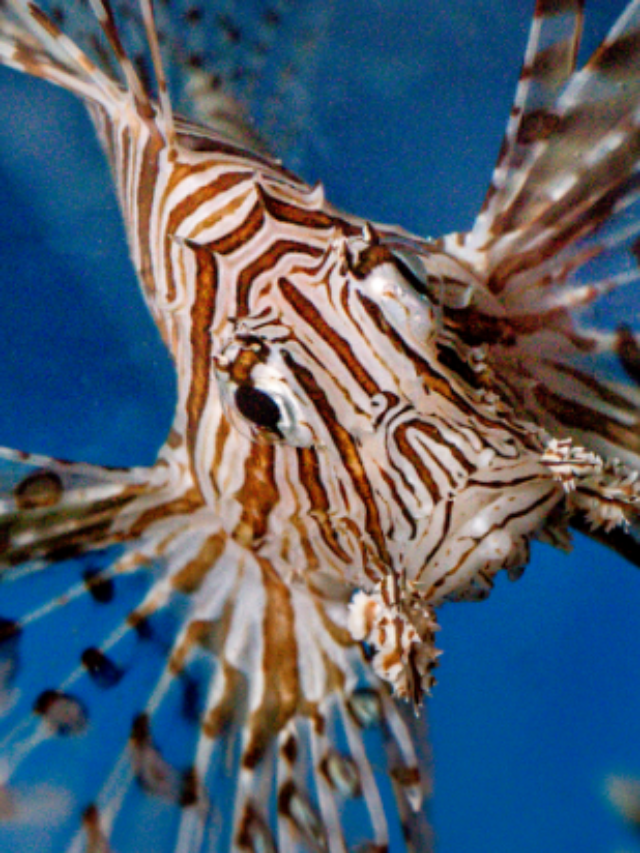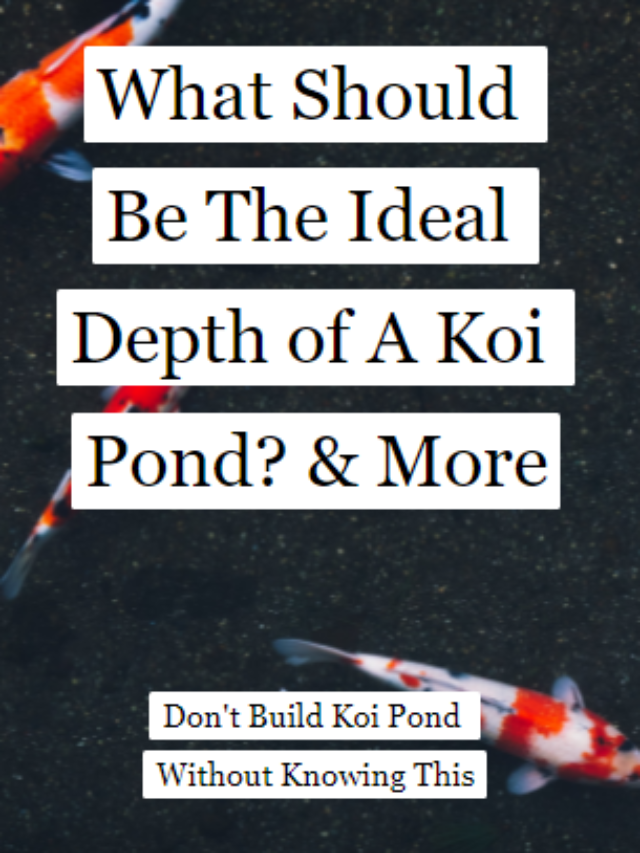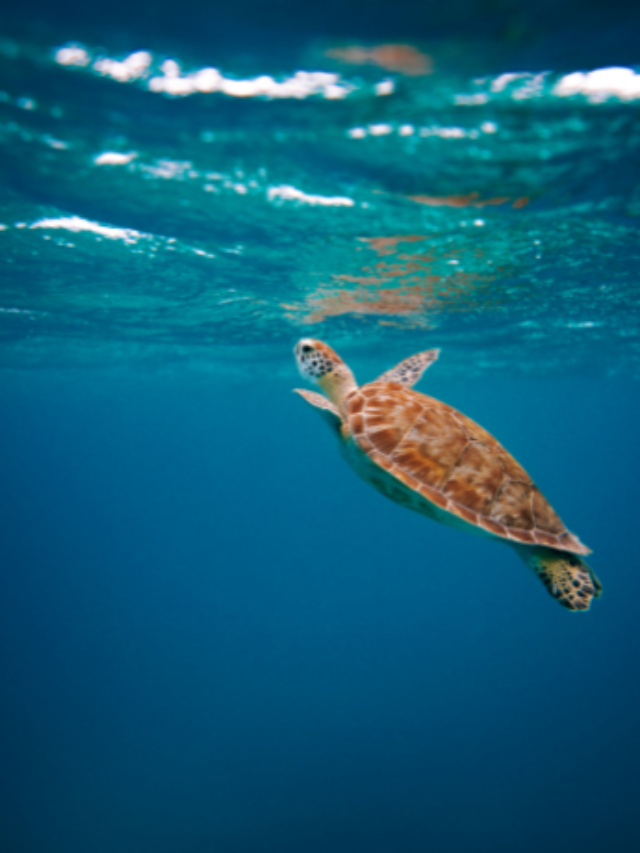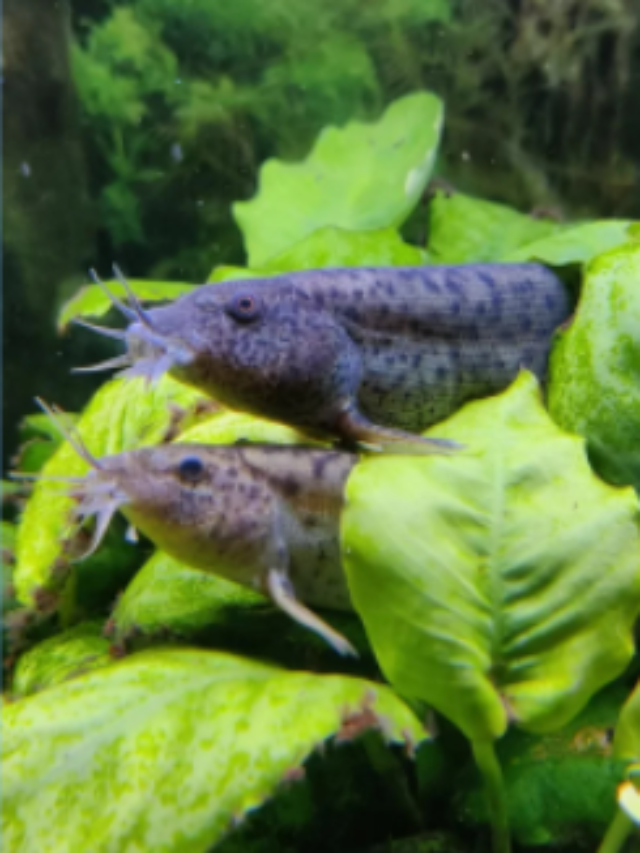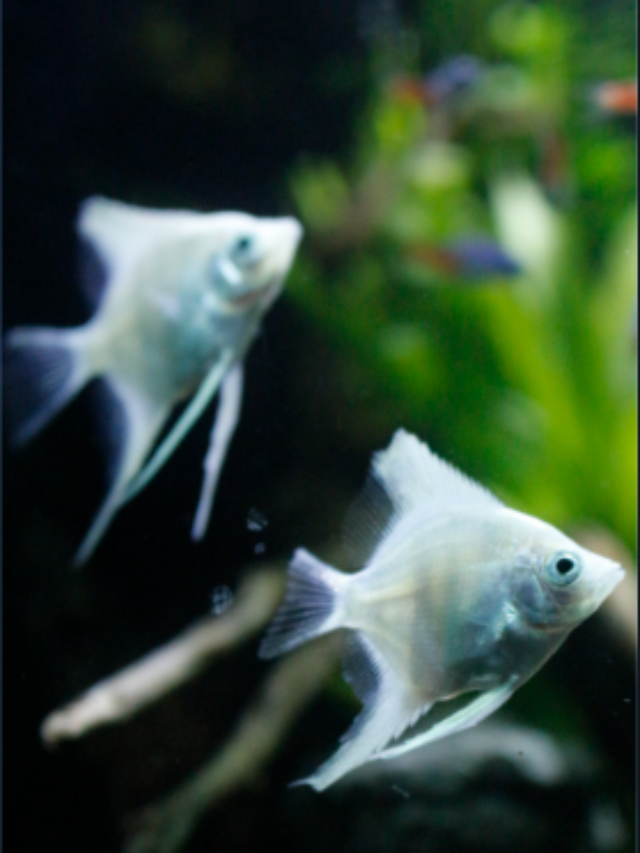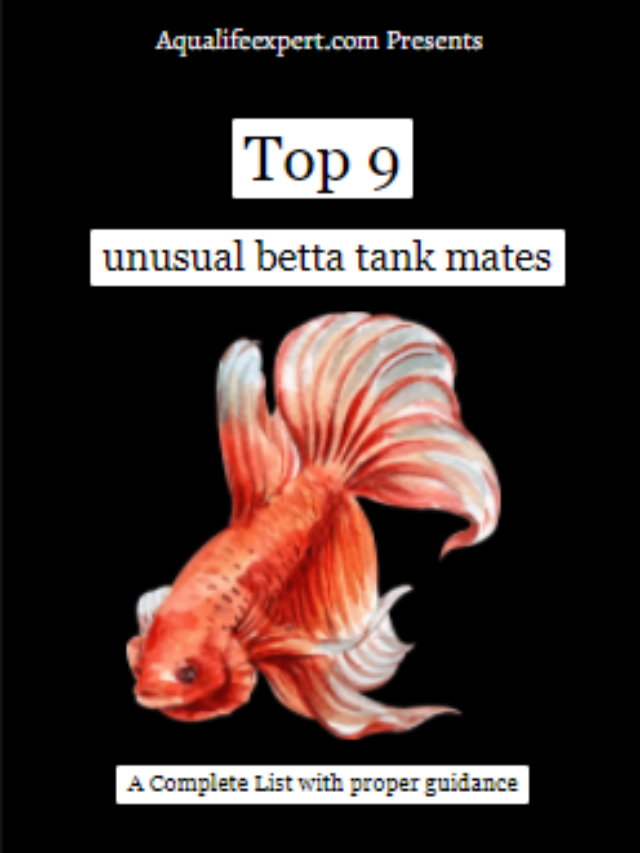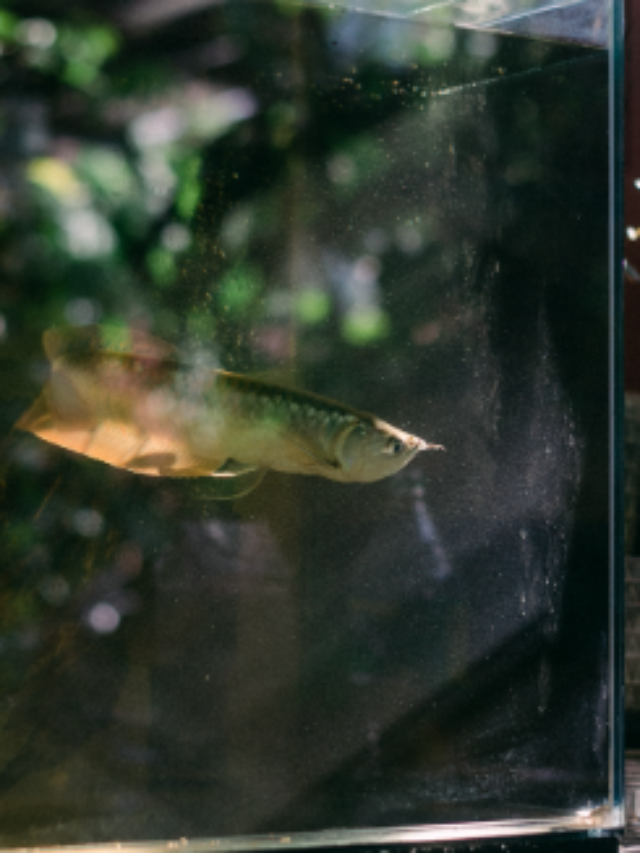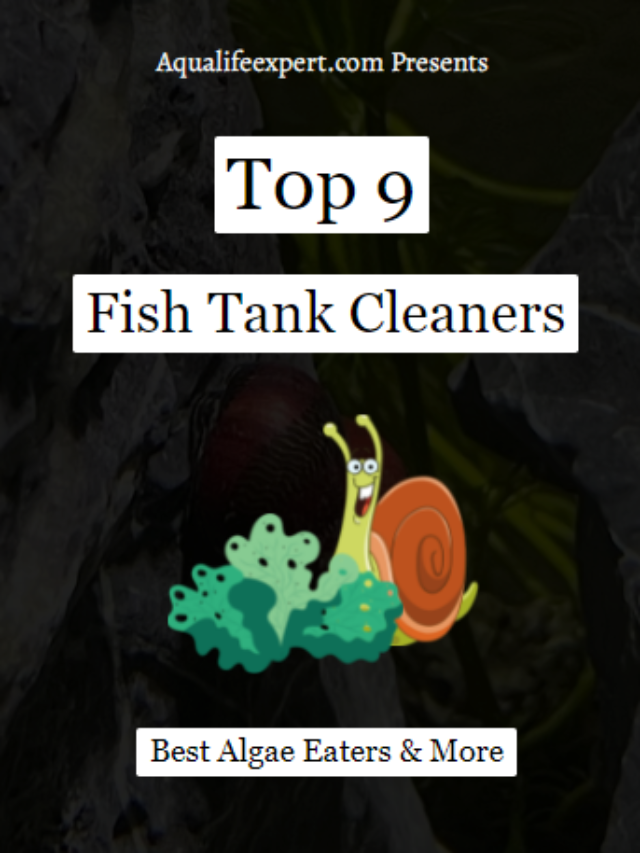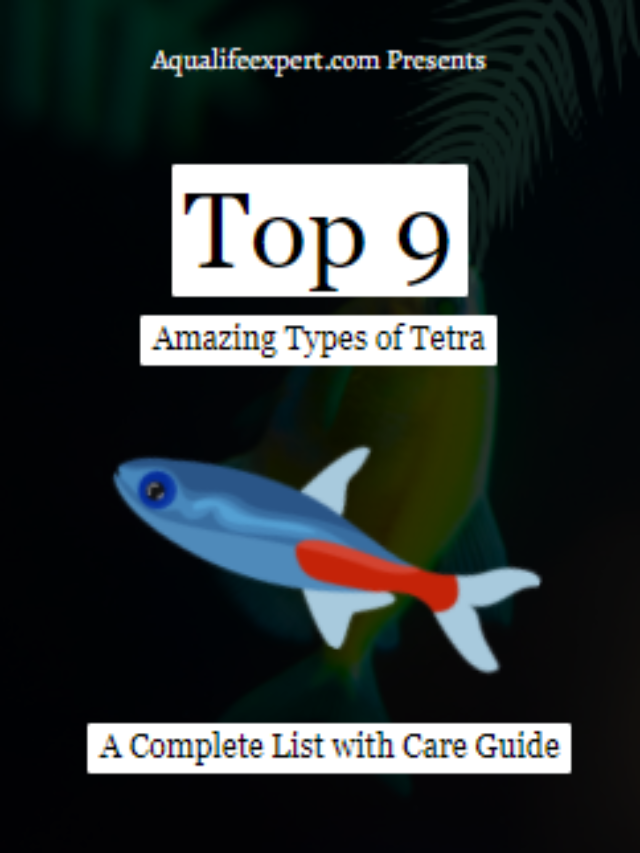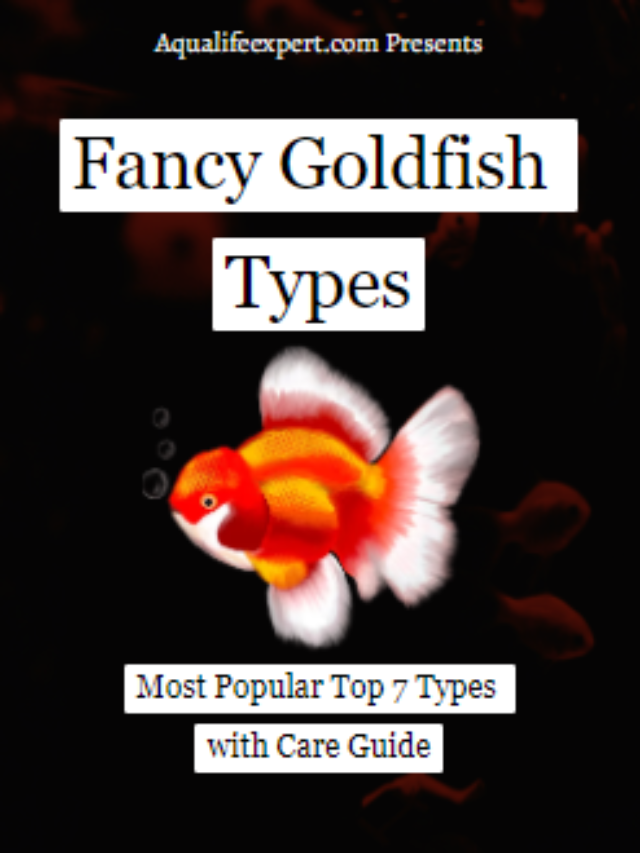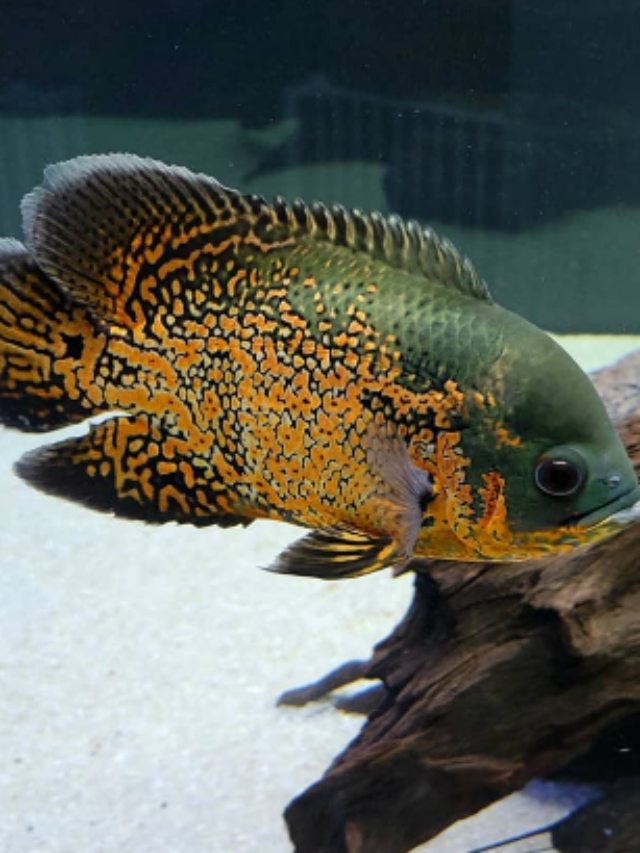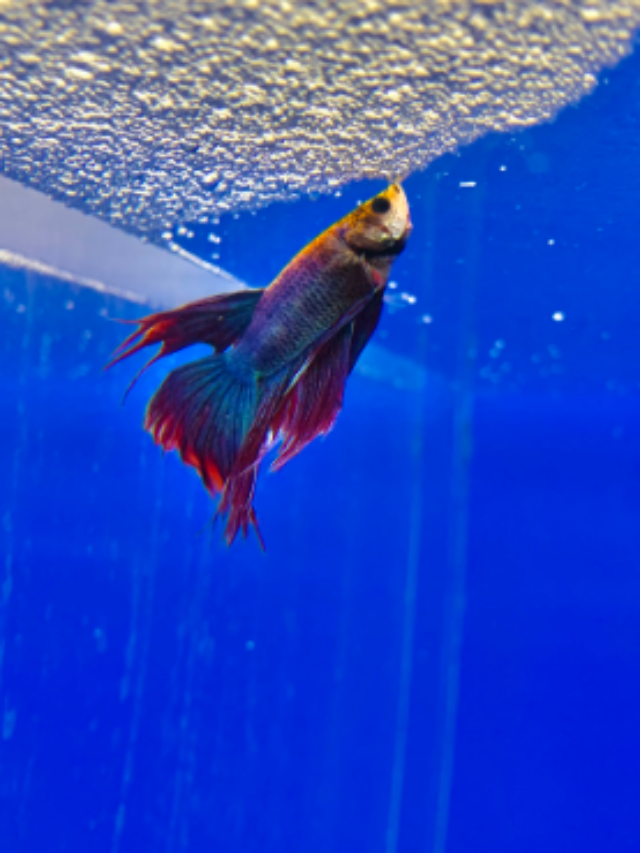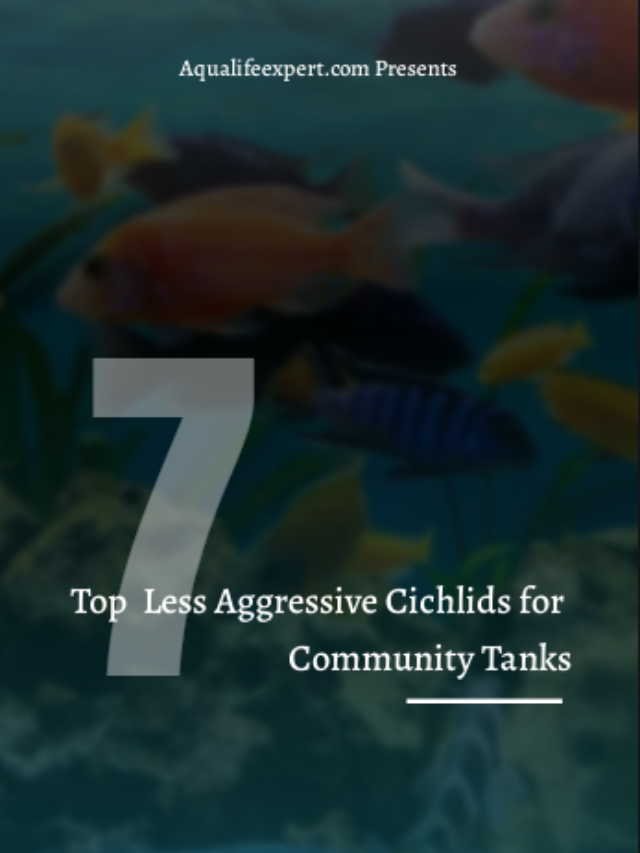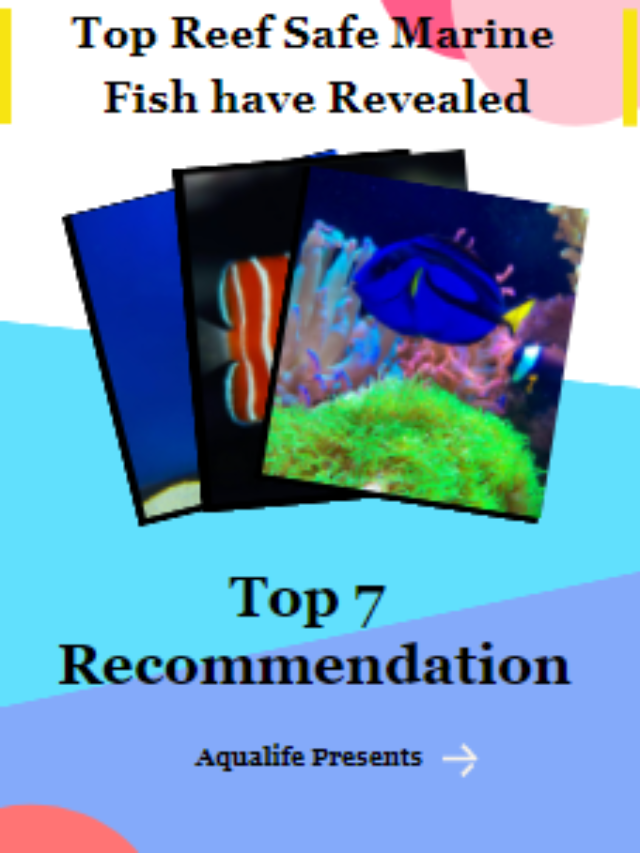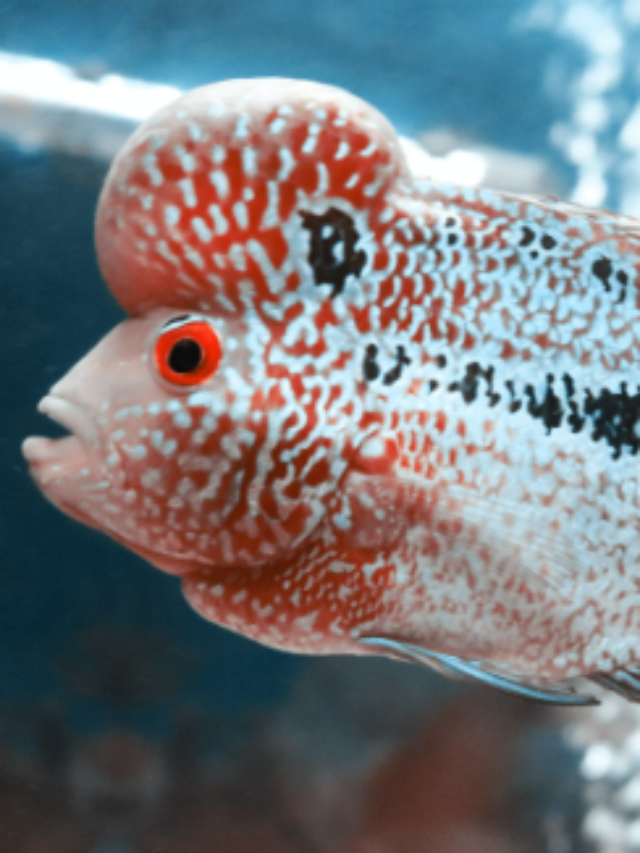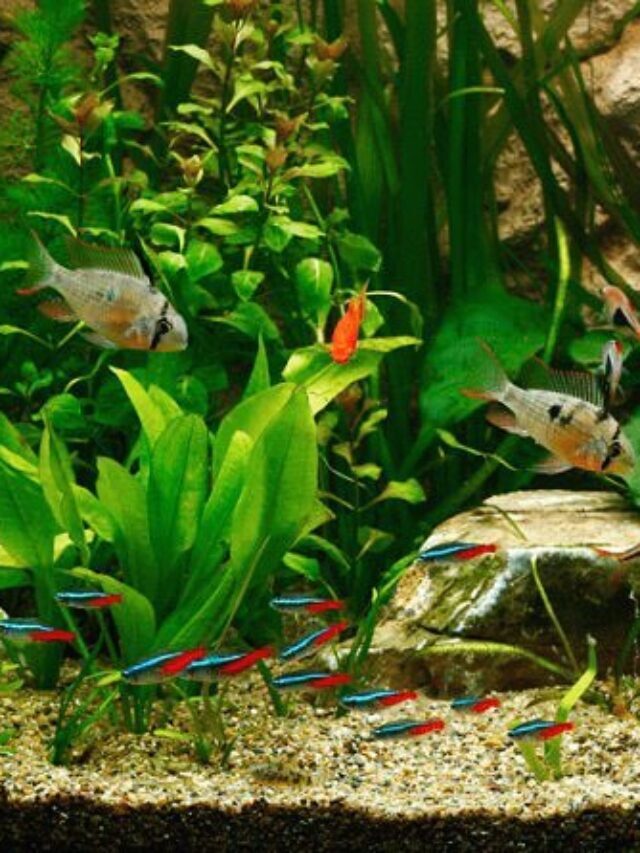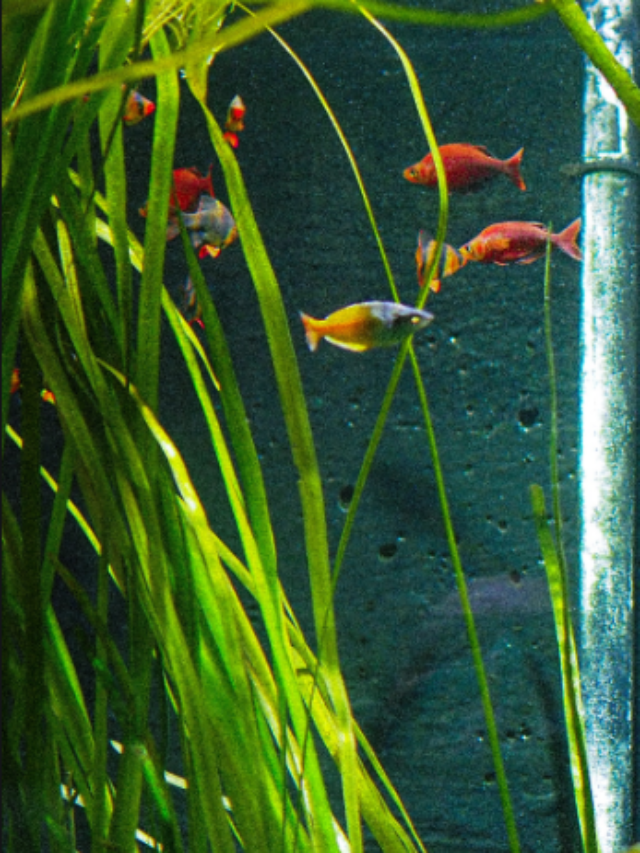Is Koi Pond Not Clear? 7 Most Common Reasons of it
Check Our Quick Stories
Those who want to keep koi or already are keeping koi may face the issue of the pond water turbidity any day. So it is better to gather knowledge in advance of it.
This knowledge helps to know what will be the exact way to clean koi ponds efficiently.
One of the main reasons for an unclear koi pond is an imbalance between nitrate & phosphate level. High phosphate level decreases the clarity of the water. Moreover, excessive waste, algal & bacterial bloom, inefficient filtration systems do the same. Besides this, seasonal changes & artificial lights make the water cloudy.
We know that these couple of lines have not satisfied you to acquire knowledge of this topic. Now, we discuss this topic comprehensively. So, without wasting much time let’s dive deep into the topic.
Why is my koi pond not clear? 7 most common reasons
Why your koi pond is not clear is more significant than how to clean it. It is because you can find hundreds of ways to clean it. However, if you don’t exactly know why it is happening then it may come back repeatedly and it will make you anxious.
So it should be clarified the reasons before jumping into a certain medication process of treating koi pond. Let’s start.
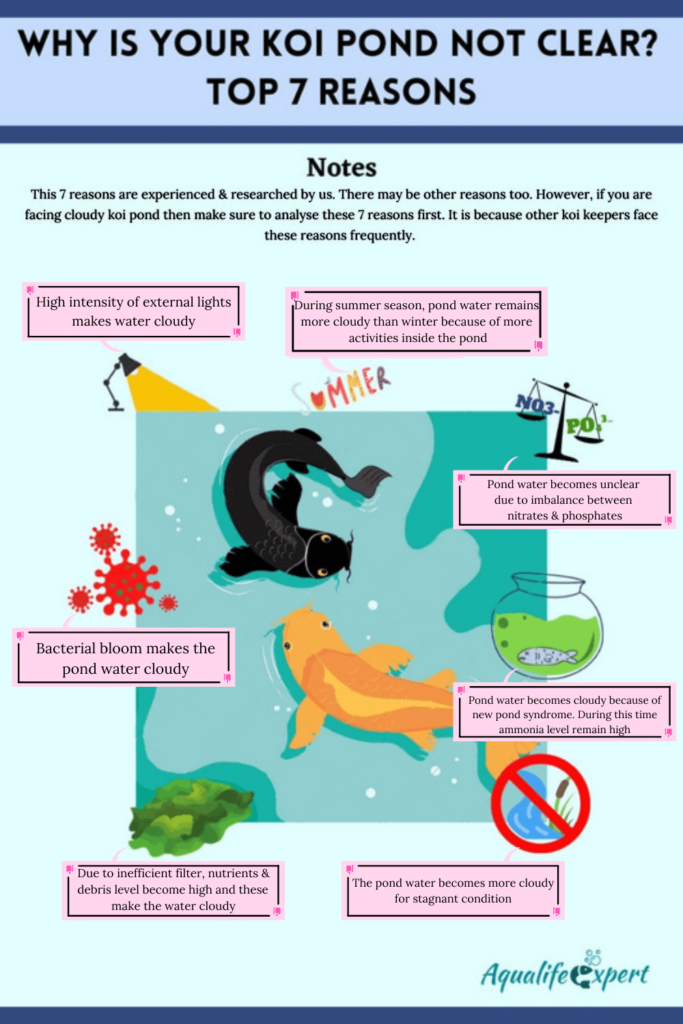
-
Artificial Night lights make the pond turbid
Lots of people like us live in cities and build koi ponds inside their house premises. Now, in urban areas, almost every person gets facilities of artificial lights at night. If there are any high-intensity artificial lights around your koi pond then it may be one of the reasons for your pond’s turbid water.
According to research, if a pond is situated away from the pelagic zone (i.e. shore area) then it may be affected by artificial lights. However, this situation depends on other factors. Lots of surrounding trees and long buildings may prevent artificial lights from penetrating directly into the water.
Artificial lights help microorganisms, zooplankton, to be active at night. They respond strongly to the high intensity of the lights. This active ecosystem helps the koi pond to be turbid in this case. So check the surroundings of your koi pond well.
Read More:- How to Get Crystal Clear Koi Pond Water Right Away
-
Koi ponds become more turbid during summer than winter
If your koi pond is not clear then initially you have to look at the season. During summer, the koi pond remains murky and it is quite obvious for a new deep pond.
It is because the activities inside the koi pond remain high enough during summer. It means koi or other fish eat a lot of food due to their high metabolic rate. They remain active during this time.
Besides this, different types of frogs and other small creatures dig the substrate down during this time. So soil particles do not sediment at the bottom. Moreover, due to rain external soil particles mix with the pond water and both of these create turbid water during the summer season.
In the winter season, this doesn’t happen because koi fish do not eat anything at this time due to very low metabolic rate. Not only that, but most of the activities inside of the koi pond remain slow. So soil particles sediment quickly and crystal clear water appears.
-
The imbalance between nitrate & phosphate level
Koi pond must have the right nitrate and phosphate level all the time. If it disturbs anyhow then various problems will occur inside of the koi pond.
The high phosphate level is the main issue for a koi pond. Due to the high phosphate level, the clarity of water decreases drastically. Not only that, but weeds grow very fast there. As a result of both of these, lots of pond scum is generated which are not good for koi and other aquatic creatures.
Read More:- How to Grow Koi Fast up to 2-2.5 Feet: 5 Steps Guides
-
Bacterial bloom occurs in the koi pond
Like home aquariums, bacterial bloom can occur in koi ponds too. Moreover, it doesn’t depend on whether the pond is mature or not. Bacterial bloom may occur anytime if it gets a favorable situation.
Due to bacterial blooms, your koi pond may look unclear and dirty. The water becomes milky. Despite being a properly cycled pond, it occurs after a heavy water change. For new ponds, it may occur frequently.
During this time, beneficial bacteria start building colonies and start to establish or settle the pond. So there is nothing to worry about if it is only a bacterial bloom in your koi pond.
Read More:- Cloudy Goldfish Tank? The Original Causes (Especially THIRD) & Solutions
-
New pond syndrome makes pond water turbid
New pond syndrome is just similar to new tank syndrome. Some beginner fish enthusiasts face issues when they build their new aquarium regarding water quality. They may do everything well, still, get issues.
New tank syndrome is nothing but a water quality issue that appears when the nitrogen cycle starts inside of the tank. Now the same thing happens for the new pond too. You have to remember that a pond or a fish tank lives healthy depending upon the nitrogen cycle. Fish release their waste and it converts into ammonia. Ammonia is too harmful to fish and other living creatures. Some beneficial bacteria break ammonia into nitrite and from nitrite to nitrate which is less harmful.
Now, when this cycle starts to run then ammonia and nitrite levels rise at a certain time. At that point, due to the high ammonia level koi pond water becomes cloudy or unclear. It may last from days to months until bacteria establish the pond well.
Read More:- Pond Mates of Koi: A List of 9 Most Suitable Fish
-
Excessive nutrients, debris make the water cloudy
Lots of koi keepers provide excessive food to their koi fish. This is one of the main reasons to have an unclear koi pond.
Not only that, but the lack of efficiency of the filtration system of the pond is also responsible for creating the murky water of the koi pond. Now the question is how?
If your koi pond is overcrowded anyhow then a strong filtration system can handle this well. Otherwise, the organic waste of those fish creates pressure on the filtration system and makes that inefficient. At that time bacteria come and break those organic waste.
Not only that, but nutrients can come in koi ponds from any nearby farmland washed by heavy rainfall. Besides this, nutrients can leach also from any material in the koi pond. Due to all of these reasons, your koi pond may become unclear and dirty.
Read More:- 10 varieties of Koi Fish: Origin, Description & Pictures
-
Stagnant water may become unclear quickly
We previously said that a filtration system is a must to get crystal clear water for a koi pond. Now, if you don’t have anything like that then it will become turbid very quickly unless it has a gentle flow towards any direction.
Generally, stagnant water is not good enough for keeping koi healthy. However, we are not saying that your koi fish will die off quickly. It means if you want to grow your koi fish up to 2-2.5 feet long then you must have an efficient pond filtration system for your koi pond.
Stagnant water helps to grow algae, floating organic matter, and different microorganisms. These lead to very bad odors and make the water unclear.
Furthermore, if your pond water remains stagnant for a long period then the oxygen level inside of the pond will be very less. It happens just because of the high BOD & COD levels of the water. At that time, that pond will be unhealthy for koi or other living creatures.
Read More: – 15 Best Plants For Koi Ponds: With Infographics & Charts
Final thoughts
If you are not such an experienced koi keeper then your pond water may become cloudy or unclear at a certain point in time. At that point, you can analyze your pond situation well and can make a better decision to clean the pond quickly.
Not only that, but you can use these as precautions for your koi pond too. However, we discussed some points here that are unavoidable. So if you are just planning to build a brand new koi pond then try to keep those in your head.
Best of luck & happy fish keeping 

